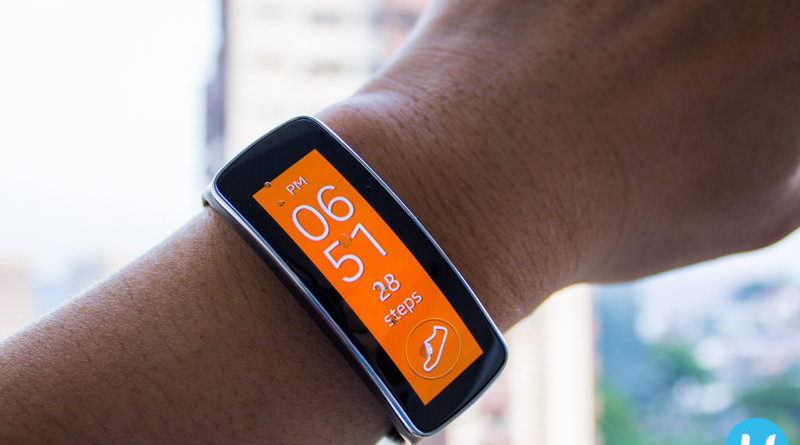Fitness Tracker for Weight Loss? Read This Before You Do That.
Maintaining a healthy weight helps preventing many diseases including diabetes and heart disease.
Wearable technologies such as fitness trackers are fast becoming a popular choice among people. If you are one those people planning to wear a fitness tracker to lose weight, think again!
In a study published today in the latest edition of JAMA: The Journal of the American Medical Association, researchers from the University of Pittsburgh studied 470 overweight or obese young adults from 2010 to 2012.
The participants were put on a low-calorie diet and asked to exercise more. They all started losing weight. Six months in, half the group members started self-reporting their diet and exercise. The other half were given fitness trackers to monitor their activity.
At the conclusion of a 24-month trial, researchers observed that usage of a fitness tracker in combination with a behavioral weight loss program resulted in less weight loss when compared to those receiving only the behavioral weight loss program.
The participants without fitness trackers showed nearly twice the weight loss benefits at the end of the 24 months. Participants who used fitness tracker reported an average weight loss of 7.7 pounds, while those who received only health counseling reported an average loss of 13 pounds.
The group that did not use the wearable device actually lost more weight than the group who did — an average of 5.3-lbs more.
One possible explanation for this surprising result is that the fitness trackers may give you a false sense of security about weight loss.
People may not try to get more exercise to loose weight once they are done with their “goal” number of steps per day. Also, reaching the daily number of steps make them feel that they can eat more just because they feel like they got enough exercise for that day.
“They don’t pay attention to some of the key behaviors that they otherwise might pay attention to. They’re relying on the device or the technology maybe a little bit too much and that may be why we saw a little bit less weight loss in that group,” said John M. Jakicic Ph.D., the study’s lead author and the Chair of the Department of Physical Activity at University of Pittsburgh.
In this study, the researchers used an older technology where the fitness tracker is worn around the upper arm and it tracks the activity by the body’s heat. But the more recent fitness trackers such as Fitbit, etc., track your heart rate and are worn on the wrist. We need to see if wrist-worn devices are better in helping you lose weight. Hopefully future studies will address this.
Until then, it is safe to say that fitness tracker may be a good motivator to exercise but it should not be a “be all end all” device for weight loss.
- Adolescents Living With Diabetes - August 6, 2022
- Diabetes Insipidus Symptoms, Causes, & Prevention - July 26, 2022
- Insulin Shortage May Affect Almost Half of the Diabetics by 2030 - November 24, 2018




